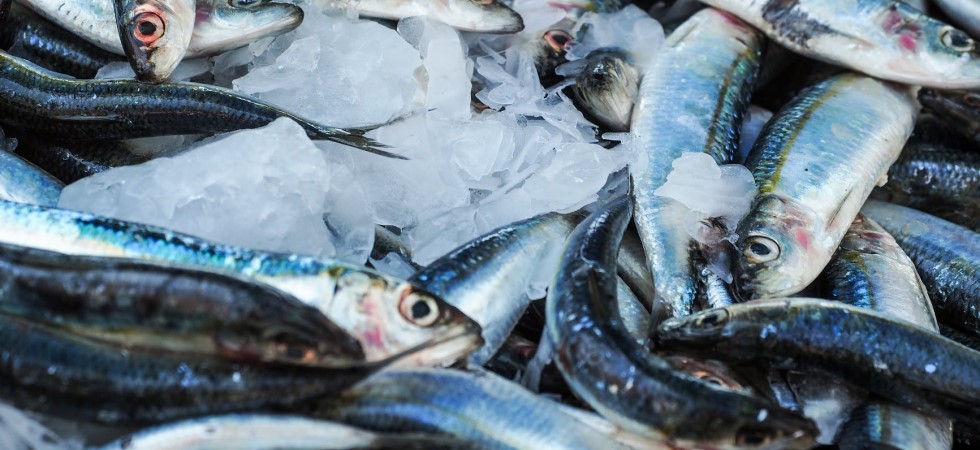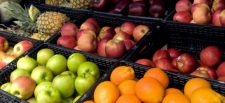The North Atlantic Pelagic Advocacy Group (NAPA) has warned that five of its members will no longer source from north-east Atlantic fisheries if action on quota sharing is not taken during consultations in February.
In an open letter to UK ministers, the group called for “concrete action” on sustainable pelagics management at upcoming Total Allowable Catch (TAC) allocation talks.
The open letter follows reports in October 2021 when fish processor and NAPA member Young’s Seafood announced that it would terminate its sourcing of pelagic fish from the north-east Atlantic if coastal states did not reach a suitable agreement on managing its stocks.
NAPA is made up of over 50 global businesses with a €800 million share of north-east Atlantic pelagic seafood purchasing. The group concerns itself with the “science-driven management” of north-east Atlantic mackerel, Atlanto-Scandian herring and north-east Atlantic blue whiting.
At the Coastal States meetings in October 2021, all parties present agreed that total allowable catches for 2022 will be in line with the scientific advice for each stock. Quota sharing discussions are due to resume in February 2022.
NAPA welcomed these early indications of progress but said that there is still much work to be done “to ensure sustainably managed fisheries.”
“Environmentally unsustainable”
As part of the letter, the group reported that some Coastal States have set quotas for 2022 for some or all of these fisheries in advance of the sharing discussions. NAPA said that setting catch levels above the established scientific advice for these stocks, year on year, is “an unacceptable threat to shared-stock fisheries.”
It stated: “We want to underscore in the strongest terms that the current situation in the Northeast Atlantic is environmentally unsustainable.”
Within the letter, NAPA noted that 21 partners have made public statements setting out the consequences of continued management failure:
- Nine companies will review their sourcing
- Five will no longer source from these fisheries
- Four will only source from Coastal States acting ‘responsibly’
- Three reported the negative business impacts they would face.
In advance of next month’s quota sharing discussions, the group is calling on UK ministers to “work constructively – to prioritise resolving allocation issues to ensure the overall catch for each stock does not overstep the scientific advice.”
NAPA is also requesting that ministers “back the drive for sustainable pelagic fisheries, and ensure that your position at the upcoming sharing discussions will testify to that commitment.”









